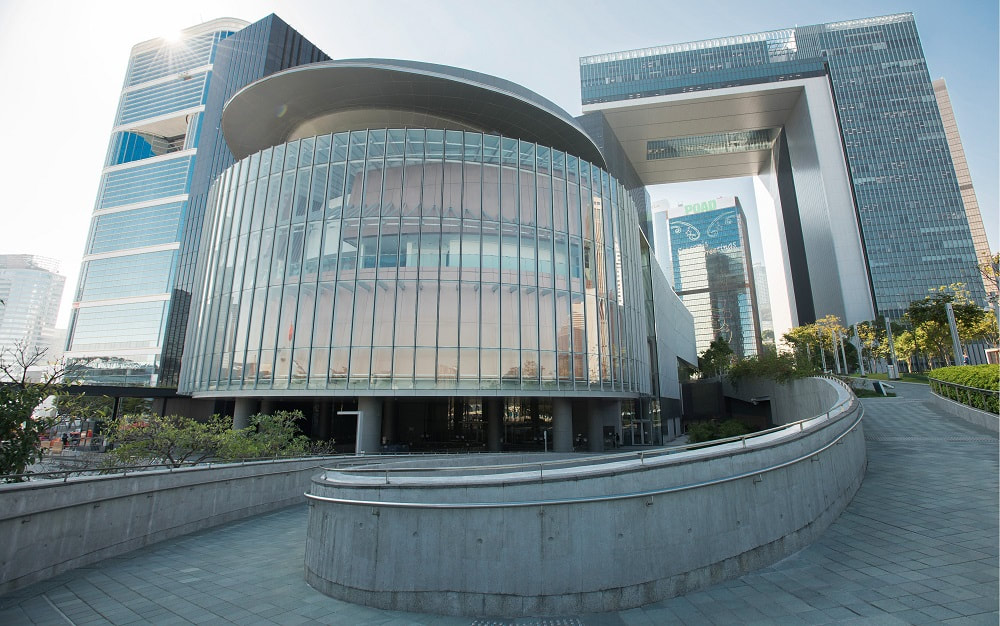Welcome to the
Student Legal Blog
.Read articles written by students from the University of Hong Kong on LGBT+ rights recognition and development in Hong Kong, sharing their opinions and endeavor to the elimination of social injustice.

 RSS Feed
RSS Feed
